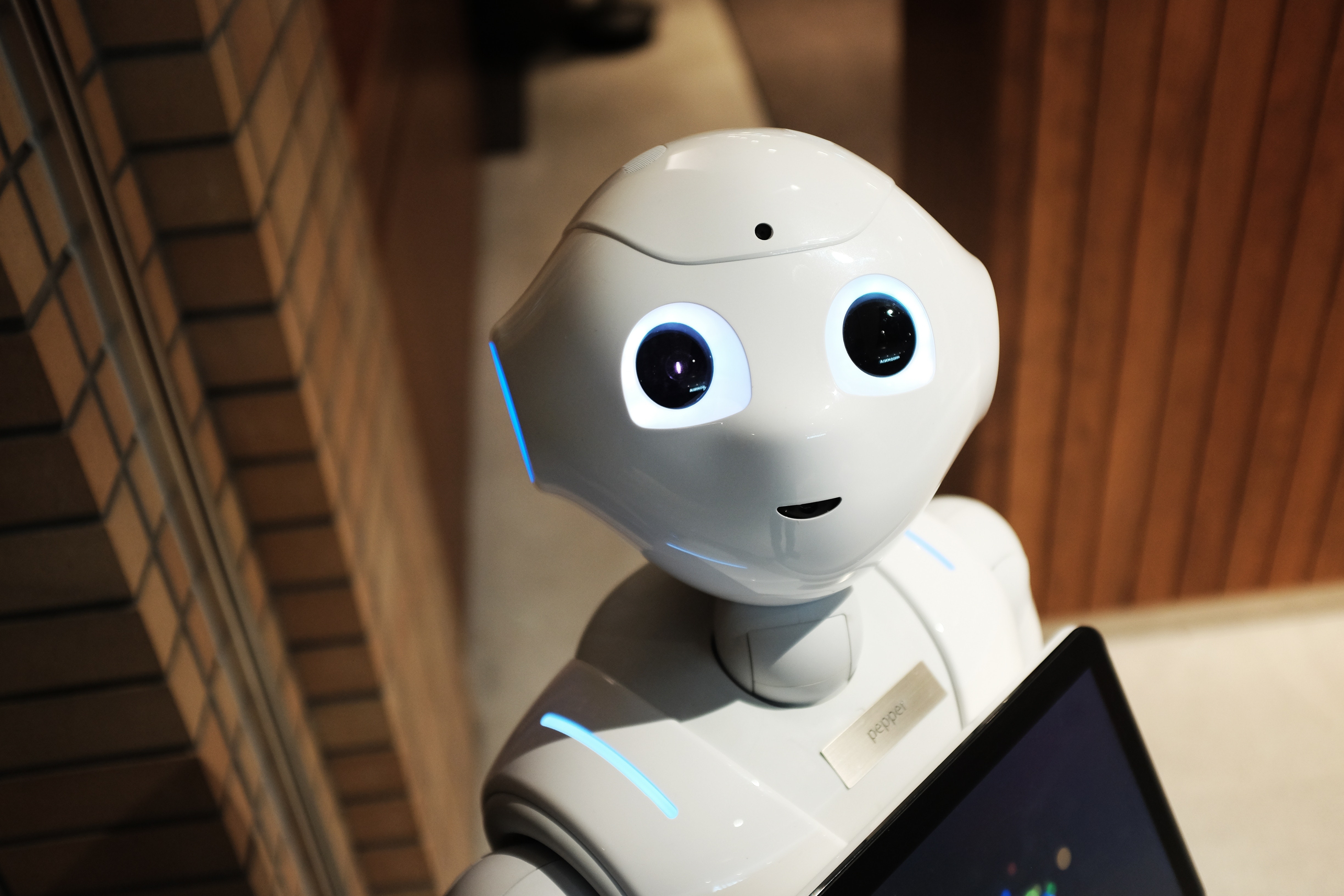The Future of AI Agents in Education: Embracing Innovative Teaching and Learning Strategies
 Undoubtedly, we’re witnessing one of the most dynamic periods in educational history. Blackboards and whiteboards have given way to interactive touchscreens, libraries are increasingly digital, and lectures can be attended from the cozy confines of our homes. Central to this metamorphosis is the rise of AI, or Artificial Intelligence. Let’s dive into how AI agents influence today’s learning as they shape and refine the educational experiences of tomorrow.
Undoubtedly, we’re witnessing one of the most dynamic periods in educational history. Blackboards and whiteboards have given way to interactive touchscreens, libraries are increasingly digital, and lectures can be attended from the cozy confines of our homes. Central to this metamorphosis is the rise of AI, or Artificial Intelligence. Let’s dive into how AI agents influence today’s learning as they shape and refine the educational experiences of tomorrow.
1. Personalized Learning at Its Best
Every student has unique learning styles, paces, and preferences. Traditional classroom setups often struggle to cater to these diverse needs, but AI can change all that. AI’s machine learning techniques and algorithms can analyze students’ interactions with content to identify individual weaknesses and strengths. This means that if you’re struggling with calculus but breezing through literature, an AI-driven platform could offer you extra resources and practice problems for math while skimming lighter on the topics you’ve mastered.
2. Flexible and On-Demand Tutoring
Late-night study sessions and last-minute exam preps are hallmarks of the college experience. Imagine having a tutor available 24/7, ready to answer any question or clarify any topic, without scheduling a meet-up or waiting for office hours. AI agents can provide immediate feedback, bridging the gap between when a student encounters a problem and when they find its solution.
3. Enhancing Group Collaboration
AI isn’t just about individual learning. It can play a significant role in group projects and collaborative tasks. Using AI-driven platforms, students can be matched based on complementary skills and knowledge areas, ensuring a balanced group dynamic. Additionally, AI-powered real-time translation tools can break down language barriers, making international collaborations smoother.
4. Streamlining Administrative Tasks
As you may well know, course selection and scheduling can be a drag. AI agents can simplify these processes by predicting the courses most relevant to your academic path, streamlining class schedules to prevent conflicts, and even forecasting your workload for the semester.
5. Real-world Applications and Simulations
It’s one thing to read about a concept and another to see it in action. AI can enable sophisticated simulations across various fields. Whether it’s a business neophyte that’s testing market strategies, an engineering student trying out a new design, or a medical apprentice practicing a procedure, AI-driven simulations provide a risk-free and dynamic platform for hands-on learning.
6. Enhanced Accessibility and Inclusion
For students with disabilities, AI can be revolutionary. An excellent example is AI, which incorporates advanced speech recognition. Systems like DeepSpeech, based on deep learning techniques, offer unparalleled accuracy in recognizing and transcribing spoken language. This is invaluable for students with motor difficulties or dyslexia, allowing them to articulate thoughts without needing to type.
Conversely, with neural networks like Tacotron, text-to-speech synthesis can convert text materials into clear, natural-sounding audio, aiding visually impaired students or those with reading challenges.
7. Continuous Evaluation and Feedback
The typical college grading system—midterms, finals, occasional quizzes—can sometimes feel sporadic and high-pressure. AI agents allow continuous evaluation, providing feedback as students interact with content. This helps in immediate course correction and in reducing the anxiety associated with periodic high-stakes testing.
8. Enhancing Research Capabilities
For those familiar with the often tedious research process, there’s good news on the horizon. AI-powered tools aren’t just basic search engines; they employ techniques like Natural Language Processing (NLP). This means they can understand the context of academic papers, not just keywords. So, if you’re researching, say, the effects of caffeine on sleep, the AI doesn’t just look for “caffeine” and “sleep” but comprehends the different relevant data points to determine how they are interlinked.
Additionally, these AI tools become smarter over time. The more you use them, the more they become familiar with your research preferences. They might even anticipate the kind of sources or papers you’d find valuable, refining your search results accordingly.
9. Immersive Learning Experiences with VR and AR
While Virtual Reality (VR) and Augmented Reality (AR) are not AI in themselves, they can offer highly immersive and interactive learning environments when paired with AI agents. Imagine a history lesson where you can “walk” through ancient Rome or a biology class where you can “enter” a human cell. These experiences can make learning not just informative but truly unforgettable.
Final Thoughts
While AI’s integration into education promises numerous benefits, it’s critical to approach it with a balanced perspective. The aim is not to replace human interactions—professors, mentors, and peers—but to enhance and complement the overall learning experience.
Also, with the power of AI comes the responsibility of ethical use. Data privacy, algorithmic biases, and the digital divide are challenges that educators and technologists must address to ensure AI’s equitable and fair deployment in educational settings.
The future of education has never looked this exhilarating. By incorporating AI-driven tools into our learning systems, we’re not just elevating our academic experience. We’re arming ourselves with the agility and prowess needed for a job market that’s always in flux. The next chapter of this educational revolution? It begins with us, right here, right now.

